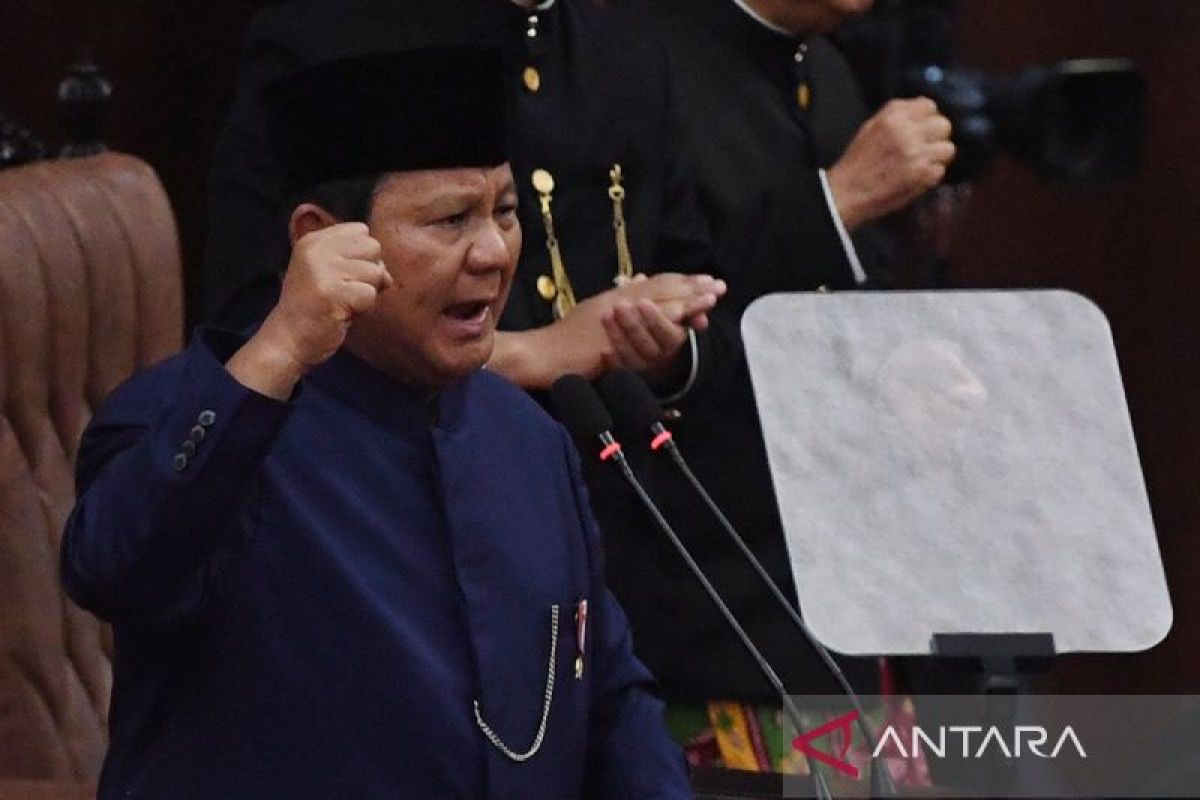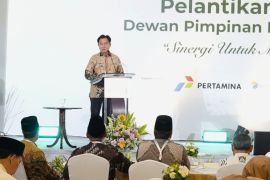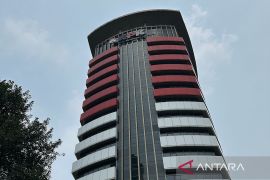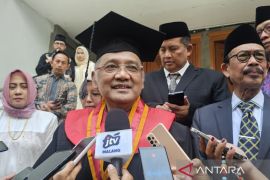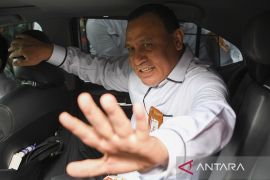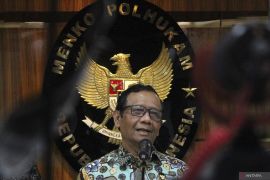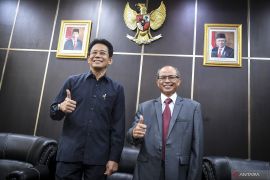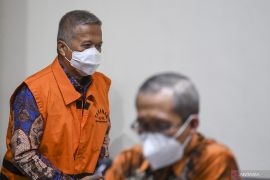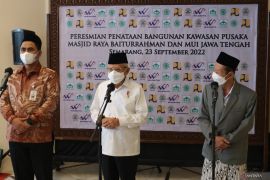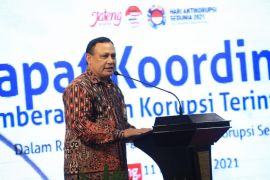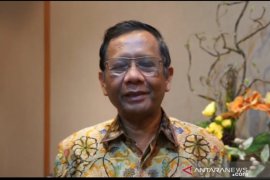In particular, Prabowo did not hesitate to convey his commitment to eradicating corruption.
In fact, he emphasized the issue of corruption eradication twice in his passionate inauguration speech.
"I have said, we must dare to face and eradicate corruption, with system improvements, with firm law enforcement, with digitalization. God willing, we will reduce corruption significantly," the President stated.
He then stressed the importance of leaders setting an example of "clean" behavior.
Most people would agree that Prabowo's firm commitment marks an important start in the long journey toward eradicating corruption in Indonesia.
The report card on Indonesia's anti-corruption efforts has not improved significantly in 2024. Based on Central Statistics Agency (BPS) data, Indonesia's 2024 Anti-Corruption Behavior Index (IPAK) was 3.85 on a scale of zero to five. The figure was lower than the 2023 achievement of 3.92.
From the index scale released in July, it can be seen that an index value of closer to five indicates that society is behaving in a more anti-corrupt manner.
And conversely, if the index value is closer to zero, it indicates that society is behaving more permissively toward corruption.
The eradication of corruption in recent years also deserves appreciation.
Several major cases have been uncovered by the nation's legal institutions, both the Corruption Eradication Commission (KPK) and the Attorney General's Office.
For example, the case involving the base transceiver station (BTS) tower provision project, which is estimated to have cost the state up to Rp8 trillion (US$1 = Rp15,633), and the tin commodity trade case, which, according to the Financial and Development Supervisory Agency (BPKP), caused the state losses of up to Rp300 trillion.
Recently, Ronald Tannur's cassation has drawn considerable attention, with investigators finding evidence of bribery in the form of cash in rupiah and foreign denominations at the house of Zarof Ricar, a former Supreme Court (MA) official.
The public was stunned by the almost Rp1 trillion in cash found at the house of Ricar, who is suspected of acting as a broker in the case. The figure does not include precious metals gold worth around Rp75 billion.
Among the cases currently being handled by the Attorney General's Office and the KPK, the sugar import case involving former Trade Minister Tom Lembong and corruption at the Indonesian Export Financing Institution (LPEI) have also attracted public attention. New hope
The firm commitment to eradicating corruption conveyed by President Prabowo in his speech after the inauguration has given new hope to the people of the country.
The statement would at least serve as an alarm or strong warning for all officials and leaders of the country to refrain from corruption.
Not only in the speech, the leadership mission of Prabowo Subianto-Gibran Rakabuming Raka, known as Asta Cita, also stresses the eradication of corruption.
Point 7 of the 8 points of Asta Cita states that Prabowo-Gibran will strengthen political, legal, and bureaucratic reforms, as well as bolster the prevention and eradication of corruption and drugs.
Point 7 of Asta Cita can be interpreted as strengthening efforts to prevent and eradicate corruption through significant improvements to the bureaucracy, law and its institutions, and, of course, important people who make decisions in the legal institution itself.
The public also has high hopes from the candidates for leader and the KPK Supervisory Board who are now on the table of the House of Representatives (DPR).
The figure, credibility, and independence of the future leader and the KPK Supervisory Board are also important factors for determining the success of the corruption eradication program that Prabowo is promoting.
Another thing that is very crucial to dispel the public's assumption that corrupt people do not suffer because they remain rich after serving their sentences is the Asset Confiscation Bill, whose draft has been submitted to the DPR.
The government is still waiting for an invitation from the DPR to discuss the Asset Confiscation Bill, which is expected to be an additional deterrent for perpetrators of corruption, who are not only serving their sentences but are also impoverished.
Asset confiscation also allows the return of state assets from the potential for greater losses due to corruption.
Meanwhile, the corruptor no longer has the opportunity to fully enjoy the results of his corruption. Here, tracing the assets resulting from corruption is also very important.
Impact of corruption
Corruption's negative impact on society, including violations of human rights since it can rob the Constitutional rights and citizens' basic rights, cannot be taken lightly.
For example, corruption can complicate access to education, or often involves bribes to obtain services that should be free.
Then, there is the threat of economic damage. Corruption can threaten sustainable economic development, increase poverty, income inequality, and disrupt global competitiveness due to budget leaks.
Corruption also damages public trust in institutions, and worse, erodes trust in the public sector and public authorities.
Corruption also causes the quality of goods and services to be worse than they should be, making them more expensive and time-consuming to obtain.
Corrupt behavior can also damage ethical values and justice, disrupt societal stability, and endanger the rule of law.
In addition to hampering investment, corruption can also cause demoralization, lower the morale of employees and officials and make people doubt the value of hard work and innovation that should be part of the culture.
At a certain stage, corruption can even damage a country's reputation.
With the strong commitment of the Prabowo-Gibran government, supported by improvements in the legal sector and its apparatus, corruption must be eradicated from its roots for Indonesia to truly reach its golden age by 2045.
Related news: Prabowo vows firm action against corruption at all government levels
Related news: President emphasizes zero tolerance for corruption at cabinet retreat
Translator: Suryanto, Yashinta Difa
Editor: Arie Novarina
Copyright © ANTARA 2024
